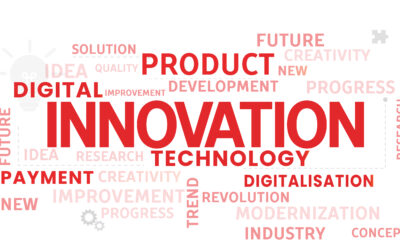What exactly is Diversity and Inclusion?
Diversity and inclusion go far beyond merely hiring a variety of individuals. It is an ethical and organisational obligation that encourages a sense of belongingness. It further guarantees employees equality of opportunity in all dimensions of work. In these modern, dynamic industries, inclusion is extremely essential for innovation and maintaining a sense of togetherness. It also helps in empowering employees to seamlessly collaborate in corporate
projects and objectives.
If an employee can confidently express their true personality, it boosts their confidence and improve their effectiveness at work. Neglecting or refusing to implement diversity and inclusion programmes, on the other hand, might have an adverse influence on an employee's perception of workplace inclusivity and security protocols. When the views and opinions of poorly represented communities are heard and their accomplishments are acknowledged, they feel more
empowered. It boosts corporate performance and staff satisfaction. Furthermore, when establishing these initiatives, businesses must also be considerate of the local cultural context and backgrounds of employees.
How is HR responsible for it?
When viewed as a business tactic, diversity allows businesses to explore and recognise emerging
trends. They are able to do so since their personnel are characteristic of their consumers. As a by-product, they can skilfully focus on those elements that encourage employees, minimise attrition, and boost worker efficiency, all while building an inclusive workplace.
HR staff play a critical role in establishing and strengthening a diverse culture through effective administration. A business that is diverse and inclusive gives its employees the opportunity to explore and develop while adding value to the company.
It might become challenging to acquire a clarity of what diversity looks like in other workplaces. To overcome this, HR professional must stay contemporary on how diversity is being played out between the employer and employees. Random feedback sessions with their employees can be a source to accomplish this. This comes in handy not only for the present personnel, also for recruiting channel. With regards to diversity, HR should prioritise the development of a diverse and inclusive staff, which should be reflected in hiring procedures. Some of these strategies include training recruiters who recognise the value and significance of employing people who
supplement the skill base in ways other than traditional aspects. Companies must originate recruitment methods to provide equal opportunities to potential employees. Town halls, feedback ballot box & one to one employee interactions are some other methods that can be looked at understanding an employee's specific requirements, which can improve worker efficiency in the organisation.
Employees are more likely to align business goals when they notice the efforts taken to incorporate different perspectives in formulating them. When people with diverse experiences and opinions are actively involved in planning, administrative, and regulatory responsibilities, hindrances break down organically while reinforcing expertise and intellect. It ultimately enhances problem-solving skills and helps lessen the risk of incompetence owing to an absence of creativity.
HR and Diversity & Inclusion go hand-in-hand
We keep deriving our hiring procedures and our feedback mechanisms by developing unique approaches to address workplace prejudice and encourage diverse cultures that offer equal opportunity for all employees. The process necessitates consistent contribution and dedication as well as supervision. It is critical to establish approaches that proactively recognise and accommodate employees' specific requirements at each stage of their career in the organisation.














